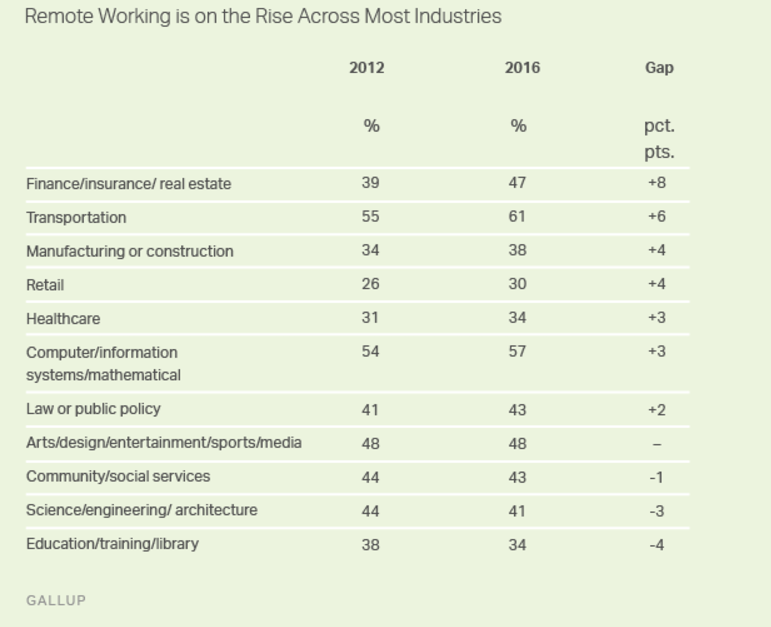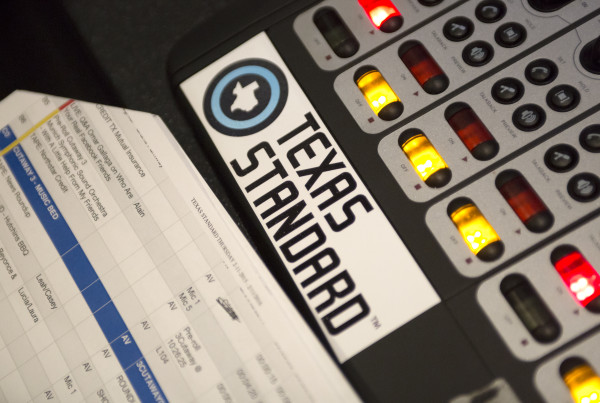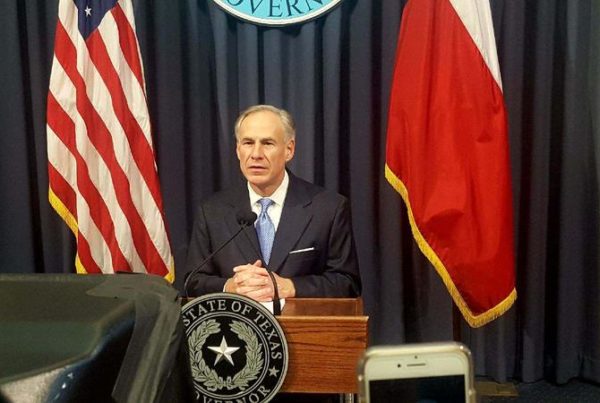From Texas Public Radio:
Millions of Americans work remotely from home as part of the “new economy,” spreading a single company’s workforce to isolated pockets of the U.S. According to Gallup, more industries are embracing the trend.
Many workers embrace the flexibility of work at home. Others may be disabled, or be caring for ill loved ones. That is the case for Kathleen Keane, who cared for a severely ill daughter with a fatal seizure disorder.
Keane and more than a dozen other remote medical transcriptionists say they are completely voiceless as a result in a recent disagreement over incentive pay with their employer.
On June 30th, Kathleen Keane was on her way to a concert with her son in the small town of Winnfield, Louisiana when she started getting texts from her manager, which she says never happens.
“So I looked at the phone and it said it was an emergency, that she was desperate, and that we had all these jobs that we were backed up,” says Keane.
Keane works remotely for Nuance Transcription Services, one of the top three largest companies in the field. According to their website, Nuance employs 12,000 medical transcriptionists and it’s Nuance voice recognition and transcription products are in 10,000 U.S. hospitals. Those products had been crippled by the New Petya cyber attack on June 27.
Transcriptions of operating notes, radiology exams, and treatment instructions, to name a few, were piling up.
Keane says her boss offered her incentives to work. First it was comp time, then it was time and a half for every hour with double time for everything over eight hours in a day. Finally, a $1,000 bonus was offered if she worked 40 hours over five consecutive days.
These incentives were offered to numerous Nuance employees from Oregon to Georgia that TPR has interviewed. TPR has also reviewed numerous emails authorizing the incentives from managers in different parts of the country.
Keane got to work.
“I actually broke the keys on my keyboard,” she says. She worked more than 15 hours the first day and more than a dozen the next.
“It got so bad on Sunday evening that my right hand to my fingertips were numb, and my shoulder was numb. I couldn’t move, I had typed so much,” says Keane.
Keane says, and multiple interviews confirm, the company said their would be a special payroll run just for the incentive pay. But when she logged in, she says it was wrong.
“So I clicked on it, and it was $21.20 is what I think I grossed. And I just couldn’t believe it. It was unbelievable.” Keane says she is owed more than $3,000.
That day there was a conference call for transcriptionists on Keane’s team. She missed it, but TPR was emailed a partial recording.
“Here’s the thing, I understand you are upset. I understand this news is horrifying,” says a senior operations manager at Nuance over the protests of the 30-plus transcriptionists on the call.
“I really don’t think anyone understands this, no,” says an unidentified medical transcriptionist “except the people who are gettin screwed.”
In the tape Nuance explains that the incentive wasn’t intended for everyone, but only for a few highly impacted teams. Corporate had not signed off on the offer to all transcriptionists, but because email systems were spotty, communications weren’t great, like a game of telephone, says the Nuance manager.
“They took what they understood to be a message and put a message out there. And we took it and ran with it, and they took it and ran with it, and everybody ran in the wrong direction,” says the Nuance manager.
Senior HR employees, including the director, had posted memos announcing the incentives on Nuance internal websites. The memos were addressed, “Notice To U.S. Employees of Nuance Transcription Services.”
According to several Nuance employees, these posts were removed from the website, but TPR was sent screenshots. The Nuance manager says the HR team and managers just now realized the scope of the error and the systems just weren’t in place.
“We blew it. We completely blew it,” she can be heard saying.
One thing is clear to Kathleen Keane, this wouldn’t have happened if she and her co-workers were in the same office.
“There is no possible way they would have taken them away. I mean, people would have rioted. They’d be on strike outside, walking up and down the sidewalk,” says Keane.
This idea isn’t far off says Maria Figueroa, director of labor and policy research with Cornell University’s Worker Institute. She says the isolation of remote workers is a drawback in these disputes.
“I think it’s easier for it to happen remotely. That kind of environment lends itself to more violations,” Figueroa says, adding that the solidarity of in-person coworkers makes people more confident in pursuing relief.
“Let’s not even consider unionizing, right? Just exercising your basic rights can be daunting for people working in complete isolation from each other,” says Figueroa.
For its part, Nuance has not responded to multiple voice messages from TPR on this story. It is unclear how many people were working under the impression they would qualify for these incentives. Nuance is a Fortune 1000 company.
Affected transcriptionists in multiple states TPR has interviewed say they are exploring filing wage and labor complaints.
















